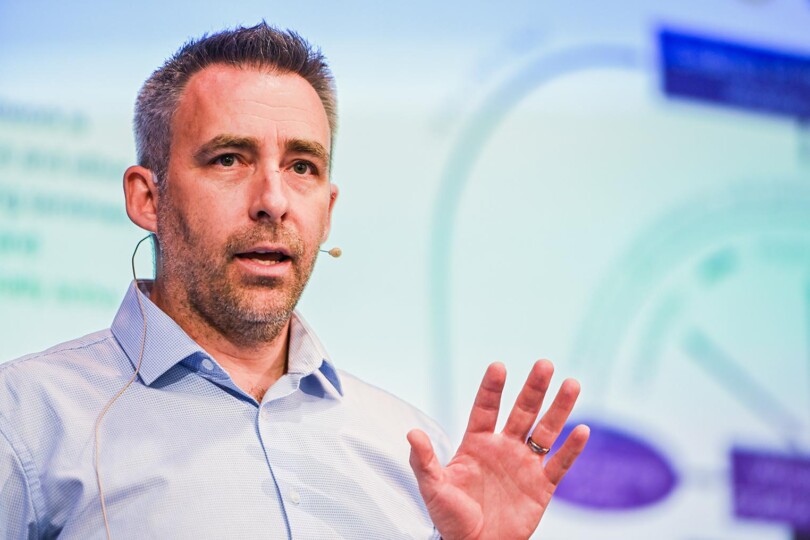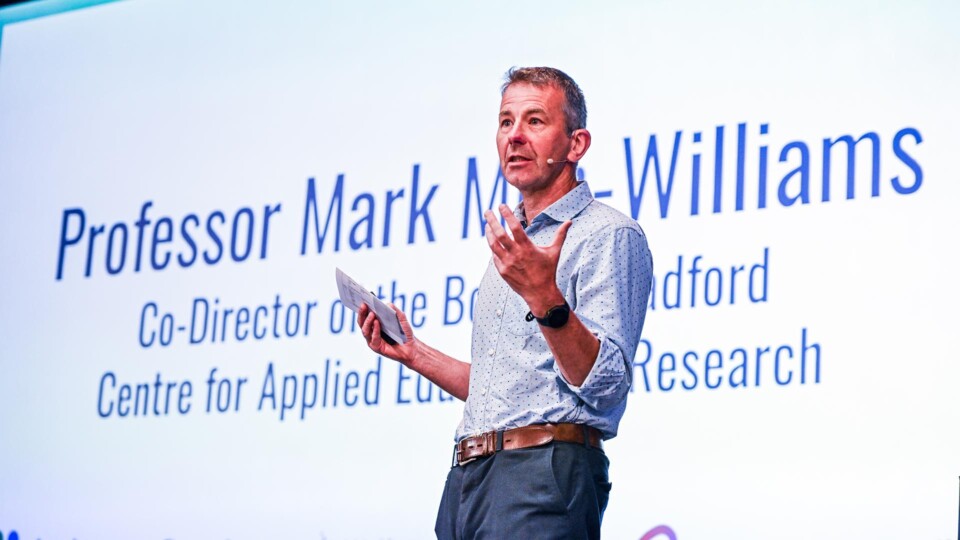Children in the North are losing up to 10 years of life due to inactivity and inequality
Children across the North are facing a health crisis and experts say physical activity must be at the heart of the solution.
As part of the national Child of the North #ChildrenFirst campaign, the University of Bradford has joined with universities across the North to call on the Government to adopt a “whole-of-school” approach to physical activity, backed by new research and international recommendations.
The campaign, coordinated by the N8+ group of universities, highlights the urgent need to tackle health inequalities affecting children in northern communities.
According to recent statistics:
- 29.6% of children and young people (2.2m) in England are classed as inactive, achieving less than an average of 30 mins of physical activity per day (Sport England Active Lives Children and Young People Survey 2023/24)
- 5-6% of children have clinically significant difficulties with movement skills (around 540,000 in the UK) which negatively impact their ability to engage with physical activity and education (Centre for Applied Educational Research)
A major report led by Bradford academics for the World Health Organization (WHO) outlines seven key actions for policymakers, including better teacher training, cross-government leadership and long-term funding to embed movement into every aspect of school life.
Children’s health
Professor Andrew Daly-Smith, Associate Director for the Centre for Health and Social Care Research, said: “It is time for the Government to act. The health of our children is the worst it has ever been. We need to change the culture of our schools to raise the importance of health and well-being. Otherwise we will continue to deepen the health inequalities embedded within our society.”
Bradford’s research shows that movement can be transformative. The JU:MP (Join Us: Move Play) programme – co-led by the University and Born in Bradford – has increased children’s physical activity by over 70 minutes per week, reduced weekend inactivity by 21 minutes per day, and delivered the largest population-level impact of any long-term intervention of its kind.
Dr Anna Chalkley, Senior Research Fellow, added: “We’ve worked with families, schools and communities to co-create opportunities for movement. When children move more, they thrive, physically, emotionally and academically.”
The Creating Active Schools framework, developed in Bradford, is now used in over 250 schools nationally, helping teachers and leaders embed movement into the school day. It was also the focus of an international conference hosted by the university in June 2024.
Professor Mark Mon-Williams, who also works on the Born in Bradford project and who is Professor of Psychology at the Bradford Institute of Health Research (whose main affiliation is with the University of Leeds), and who is leading the #ChildrenFirst campaign, said: “The reality is if you are born near Bradford Royal Infirmary, you are likely to die 10 years earlier than if you were born in Wharfedale. This is unacceptable in the UK in 2025.”
He added: “We have got to act at pace or we will fail the next school generation.”
Longer lives
Dr Eleanor Bryant, Associate Professor in Health and Wellbeing, said: “Physical activity improves mental wellbeing, academic performance and social development. It’s time we recognised movement as a core part of education, not an optional extra.”
The campaign draws on insights from the Born in Bradford study, which has tracked over 30,000 children and revealed stark inequalities in health outcomes. Children born near Bradford Royal Infirmary are likely to die 10 years earlier than those born in more affluent areas like Wharfedale.
The message is clear: children’s health must come first. Experts are urging the Government to take decisive action — to fund physical activity in schools, support teacher training, and make movement a priority in education policy.

Professor Andrew Daly-Smith, Associate Director for the Centre for Health and Social Care Research, form the University of Bradford.
FUNMOVES
Dr Lucy Eddy, Assistant Professor in Psychology at the University of Bradford, has led pioneering work on identifying and supporting children with movement skill difficulties — a “hidden disability” that affects around 1 in 20 primary school children.
Her research, including the development of the FUNMOVES screening tool, enables schools to assess fundamental movement skills (FMS) quickly and effectively, helping to spot children at risk of falling behind physically.
Dr Lucy Eddy said: “Children with poor movement skills are often missed. This is concerning as without support, they can go on to struggle with their physical and mental health and have challenges engaging with education. By incorporating early screening and support for these children in schools, we can change their trajectory and give them the opportunities they deserve.”
N8 and N8+
The N8 Research Partnership is a collaboration of the eight most research-intensive universities in the North of England: Durham, Lancaster, Leeds, Liverpool, Manchester, Newcastle, Sheffield, and York.
N8+ extends this partnership to include additional collaborators beyond the core eight institutions, uniting broader research expertise and increasing collective influence around shared priorities. Partnerships in Bradford, including with the University of Bradford and Born in Bradford have been instrumental for the Child of the North initiative.
Toolkits for schools
The #ChildrenFirst campaign also includes the launch of toolkits designed to help schools, child health workers and local authorities take practical steps to improve the health and wellbeing issues faced by the children and young people in their care.
The toolkits will be published on a weekly basis over the 12 week period from September 12th alongside the re-released reports in the ‘A country that works for all children and young people’ series, which were produced jointly by Child of the North – a collaboration between the N8 Research Partnership and Health Equity North – and the Centre for Young Lives think tank.
The toolkits provide evidence and suggestions about how all parties can work together to build a country that works for all children and young people. The goal is to ensure alignment between practitioners on the ground and government’s work on the Opportunity Mission to make certain that every child has the best possible start in life.

